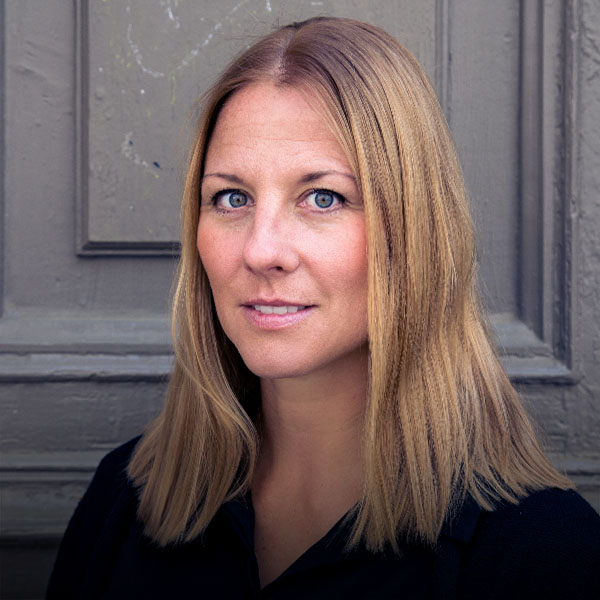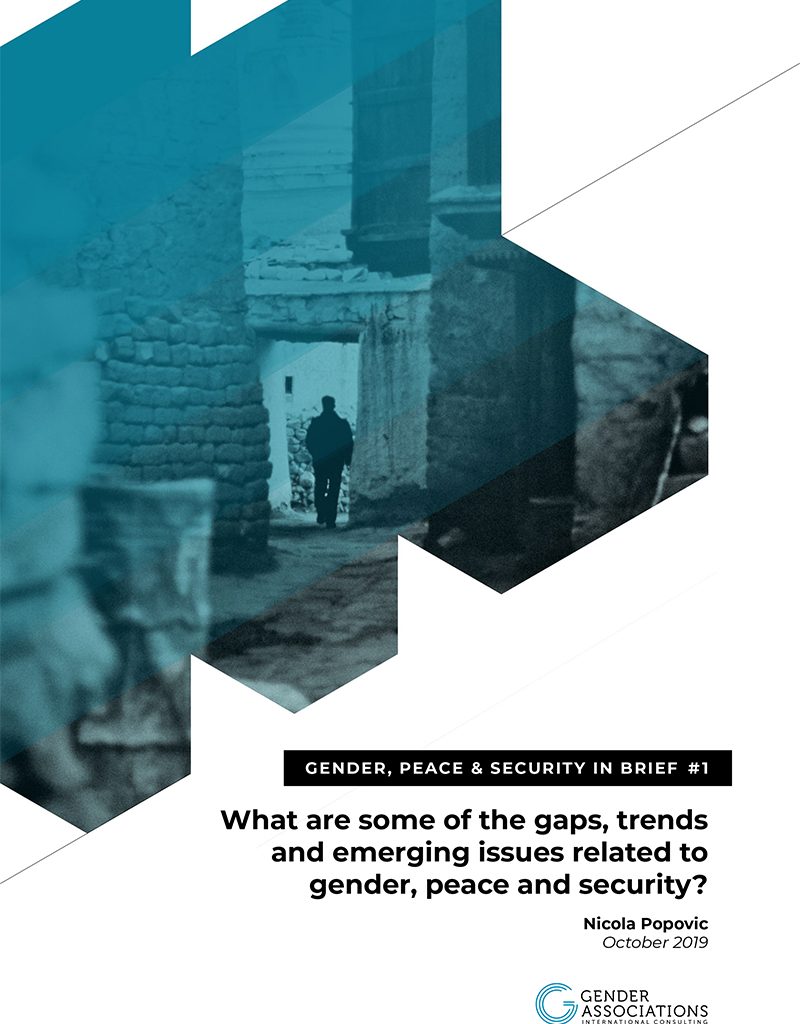Since 1981, women’s rights activists have observed 25 November as a day to eliminate violence against women in honor of the Mirabal sisters, three political activists from the Dominican Republic who were brutally murdered in 1960 by order of the country’s ruler. Gender Associations feels a special kinship with the Mirabal sisters because it was in the Dominican Republic where our co-founders Nicola Popovic and Leigh Tomppert met as colleagues in UN-INSTRAW in 2008 and were inspired to work with women peacebuilders to form Gender Associations a decade later.
Eliminating violence against women and girls is at the core of our work at Gender Associations. Women and girls are disproportionately affected during and after war and conflict. In addition to being targeted for conflict-related sexual violence, women and girls also suffer from the destabilizing effect of war on their families and communities. Other forms of violence, like intimate partner violence, early marriage, sexual exploitation and trafficking also increase during and after conflict, placing women and girls at further risk of violence and limiting their potential to flourish.
Despite this, women around the world, from Colombia to Yemen to Liberia, work ceaselessly to end conflict and achieve peace. However, the work of women human rights defenders, women peacebuilders, and women working in the humanitarian and security sector is often invisible and behind the scenes. This year’s theme for the 16 Days of Activism against Gender-Based Violence focuses on ending gender-based violence and harassment in the world of work and promotes the ratification of the new International Labour Organization (ILO) Convention 190 and Recommendation 260 on this issue.
While women unfortunately experience gender-based violence (GBV) and harassment in diverse labour sectors around the world, Gender Associations would like to specifically acknowledge the toll on the lives of women who work to end this violence. Women human rights defenders and those working to end GBV, conflict and insecurity are often specifically targeted with violence and harassment by state and non-state actors, members of the community and/or the family members responsible for the GBV. In addition to being targeted because of their work, these women may have to deal with other forms of GBV and harassment throughout their work day, including on their way to work on public transportation or gender discrimination and harassment in the workplace itself. When women do break the barrier of silence, they often receive little support or help from their organizations’ security officers or senior management whose job it is to keep them safe.
Women working to eliminate GBV are also not safe from this human rights violation in their own homes. In 2019 alone, we have lost women humanitarian aid workers, human rights defenders and other activists to violence from their partners. Yet still the security officers within our organizations refuse to acknowledge this as a real threat to our safety. Worse still, the guardians of our security can be the actual threats. In a 2017 Tufts University report examining sexual harassment and the assault of humanitarian aid workers, “it was found that the majority of perpetrators of both sexual harassment and sexual assault are men working in the aid industry, often men employed by aid agencies as security providers … The result was that those supposedly in charge of ensuring aid worker security were themselves major security risks to aid workers.”
Gender Associations calls for an increase in the diversity of those who are tasked with security for example, more women, people of color, people with different sexual orientations. This will provide the wider peace and security community with a better understanding of the variety of security concerns of our world and help to provide more targeted support and services for different individuals and groups experiencing insecurity. Gender-based violence doesn’t only occur in conflict zones, it follows us through our lives. It is important to support all women working in this field. We must prioritize self-care in our own lives, provide mutual support to other women and speak out against sexual harassment. However, it is ultimately the responsibility of the State and all employers to ensure that women can work in a safe environment in which they are treated equally and without discrimination and are free from gender-based violence and harassment.
___
Photo © CASA MUSEO HERMANAS MIRABAL


